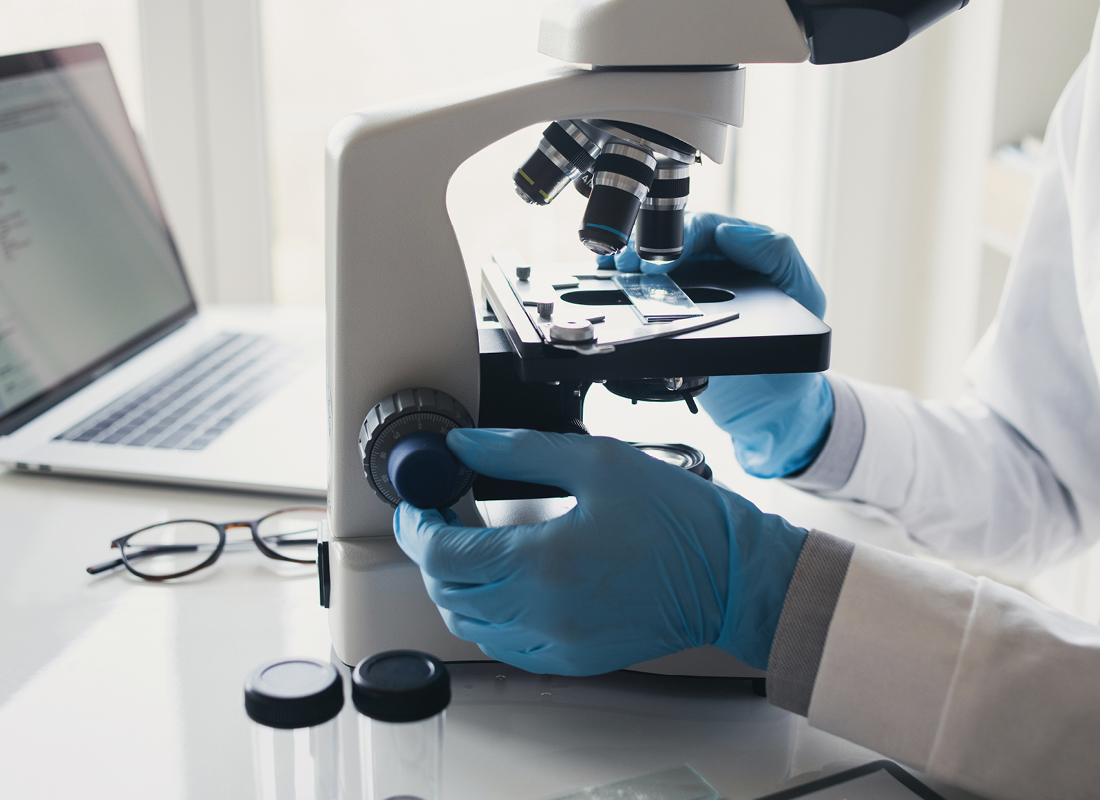A roundup of recent cases and enforcement actions involving the diagnostics industry
Florida Lab, Execs Settle False Billing of Urine Drug Test Charges for $41 Million Case: Prosecutors accused a Tampa reference lab, pain clinic and two former executives of billing Medicare, Medicaid and TRICARE for medically unnecessary presumptive and definitive Urine Drug Testing (UDT). The defendants denied the charges but decided to pay $41 million to settle rather than risk a trial. Significance: Presumptive UDT screens for the presence of drugs, while definitive UDT identifies how much of the drug is in a patient’s system. The latter are medically necessary only when presumptive screening produces a positive result. But the feds claim the lab and clinic routinely and automatically ordering both kinds of testing for all patients at every visit, without having a physician make an individualized determination of whether either test was medically necessary for that particular patient. Commercial Labs Trade Accusations of False Advertising of TSI Assays Case: The nasty litigation between Quidel and Siemens continued with both sides accusing the other of false and deceptive advertising. The touchstone of the suit are ads run by Siemens referring to Quidel’s TSI and TBI detection assay IMMULITE as a “TSI only” product. The latest installment raises the question of whether […]

Florida Lab, Execs Settle False Billing of Urine Drug Test Charges for $41 Million
Case: Prosecutors accused a Tampa reference lab, pain clinic and two former executives of billing Medicare, Medicaid and TRICARE for medically unnecessary presumptive and definitive Urine Drug Testing (UDT). The defendants denied the charges but decided to pay $41 million to settle rather than risk a trial.
Significance: Presumptive UDT screens for the presence of drugs, while definitive UDT identifies how much of the drug is in a patient’s system. The latter are medically necessary only when presumptive screening produces a positive result. But the feds claim the lab and clinic routinely and automatically ordering both kinds of testing for all patients at every visit, without having a physician make an individualized determination of whether either test was medically necessary for that particular patient.
Commercial Labs Trade Accusations of False Advertising of TSI Assays
Case: The nasty litigation between Quidel and Siemens continued with both sides accusing the other of false and deceptive advertising. The touchstone of the suit are ads run by Siemens referring to Quidel’s TSI and TBI detection assay IMMULITE as a “TSI only” product. The latest installment raises the question of whether Quidel has “unclean hands,” a legal doctrine that means a plaintiff can’t sue a defendant for the same wrongs the plaintiff is committing itself. Specifically, Siemens charged Quidel of making two false claims about its own Thyretain TSI assay:
- Thyretain, which is a qualitative assay, can be billed under the higher-reimbursing CPT code 84445 reserved for quantitative assays; and
- Thyretain can deliver test results in three to four hours which belies the fact that tested cells must be cultured overnight.
Quidel defended both claims and asked the federal district court to toss Siemens’ unclean hands defense. The court refused.
Significance: All that’s at stake with the unclean hands defense at this point is whether there’s enough evidence to warrant a trial. Siemens will still have to prove the claim at trial. In fact, all of the other rulings in the case have also revolved around summary judgment. Thus after protracted litigation and lord knows how many hundreds of thousands of dollars in legal fees, the companies have yet to reach the merits and, barring a settlement, are now looking at a huge and very risky trial [Quidel Corp. v. Siemens Med. Sols. USA, Inc., 2020 U.S. Dist. LEXIS 63405]. For more about the case and labs’ general liability risks for deceptive advertising, see Lab Compliance Advisor (LCA), Nov. 28, 2019.
Colorado MDs Pay $55K for Taking Specimen Processing Fee Kickbacks from HDL and Singulex
Case: Two physicians and their family medical practice have agreed to fork over $54,982 to the OIG to settle claims of soliciting and accepting illegal remuneration from lab companies Health Diagnostic Laboratory, Inc. (HDL) and Singulex, Inc., in the form of processing and handling fees for blood samples. Collecting patient blood samples for testing is generally something physicians are expected to do and thus built into the test payment rate; so, charging extra crosses the line into illegal remuneration.
Significance: HDL and Singulex, Inc. were accused by a whistleblower of paying physicians processing fees of $10 to $17 per test exchange for orders of medically unnecessary blood tests, which were subsequently billed to Medicare and TRICARE. In April 2015, the case settled with HDL agreeing to pay $47 million and Singulex $1.5 million. The Colorado settlement is the most recent settlement involving downstream physicians who accepted processing fees from HDL and Singulex.
Subscribe to view Essential
Start a Free Trial for immediate access to this article